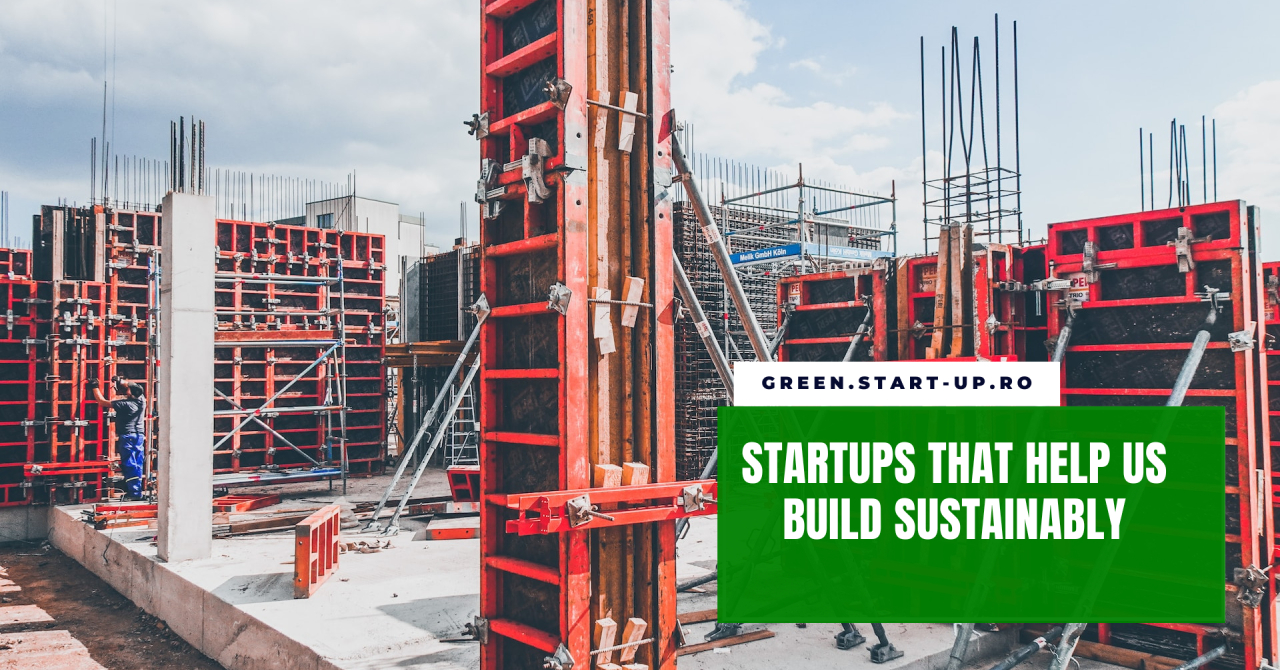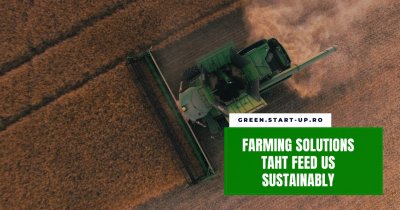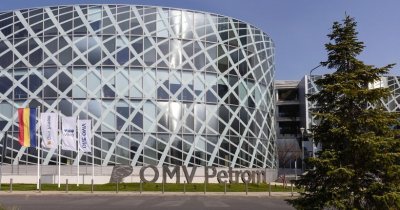In this list we'll focus on the green startups in the construction industry that we wrote about this year and that shared their vision and values with us regarding sustainability. We won't be able to cover the entire green constructions-focused startups ecosystem in this list, but step by step, we will look out for those who want to contribute to a more equitable world and that want to tell us more about their journey.
Carbon Upcycling
Carbon Upcycling is a cleantech startup specialized in sustainable cement production that recently obtained a financing worth 26 million USD to deploy its low-carbon cement alternative for the construction market.
Calgary-based Carbon Upcycling, a 2014-founded company, develops decarbonization solutions aimed at reducing emissions from hard-to-abate sectors. By using an all-electric system, company engineers are able to mineralize CO2 emissions and combine them with industrial byproducts from heavy-production plants that work with coal and steel, for example.
This way, the company is able to create sustainable construction materials with improved performance, such as concrete and cement.
Apoorv Sinha, the company's Founder and CEO, said that "over the next year, our mission is to demonstrate our technology’s versatility, scalability, and operational elegance. Proving significant, cost-effective decarbonization potential in the cement industry is possible without a green premium."
Building materials companies CRH and CEMEX selected Carbon Upcycling as a partner to deploy sustainable construction materials alternatives, which will be implemented first in Canada and the UK, as well as to integrate carbon capture and its utilization at cement plants.
Read more about Carbon Upcycling from this article on Green Start-Up.
ecoworks
Germany-based sustainable building retrofit startup ecoworks recently raised 40 million euros to support the growth of its climate-neutral renovations solution business.
ecoworks is a Berlin-based startup that aims to modernize old buildings with regards to their thermal efficiency and bring them to the present day, using the company's system of insulating panels. This way, the company hopes to lower the energy consumption of old houses, thus reducing their emissions.
The team modernizes old buildings in a faster and more efficient way than traditional insulation, which is slowed even more by the sheer number of old buildings that need to be brought to the present day.
Some estimates say that at the current rate of renovation in Europe, it would take about 500 years to properly insulate every building and make it reach net-zero emissions.
About the investment, Emanuel Heisenberg, founder of ecoworks said that "the financing round was almost three times oversubscribed. This shows the enormous interest in solutions for the upcoming European renovation wave."
Learn more about ecoworks from this article on Green Start-Up.
Vizcab
2015-founded Vizcab is a French startup that was co-founded by Dr. Thomas Jusselme and Guillaume Lafont and it uses software to help constructors reduce the carbon impact of construction projects. Thus, architects and developers across the world can use this solution to build greener constructions with a lower negative impact on the environment.
The company provides sustainable building design software and this year, it raised 5 million euros in a Series A funding round, with the financing being used for the acceleration of the zero-emissions building sector.
Dr. Thomas Jusselme, Co-founder and Co-CEO of Vizcab said that "buildings are responsible for 37% of global emissions, with embodied carbon of materials making up 90% of future building emissions. Our mission is to assist stakeholders in transforming the construction industry with managing carbon emissions of projects — ensuring they meet the stringent carbon budget standards right from the planning stage until the building handover."
Read more about Vizcab's clean construction solutions from this news piece on Green Start-Up.
Leth&Gori
When architects Leth and Gori were briefed to build a sustainable house that can last a long time, they turned to the traditional Danish way of making homes, leading to a brick-made house with almost no insulation other than the one provided by the bricks themselves, which can last for at least 150 years.
Poroton bricks are a good passive temperature regulator, being able to keep the warmth inside during the winter, while absorbing some of the heat and humidity during the summer.
"Many of the good materials and solutions exist in our historic buildings and the key is to use these buildings and materials as much as possible and only build new when we really have to", said Uffe Leth, one of the architects who worked on the project.
"We don’t need to reinvent the wheel to solve the current climate crisis", he added.
 Mihai - Cristian Ioniță
Mihai - Cristian Ioniță












Any thoughts?